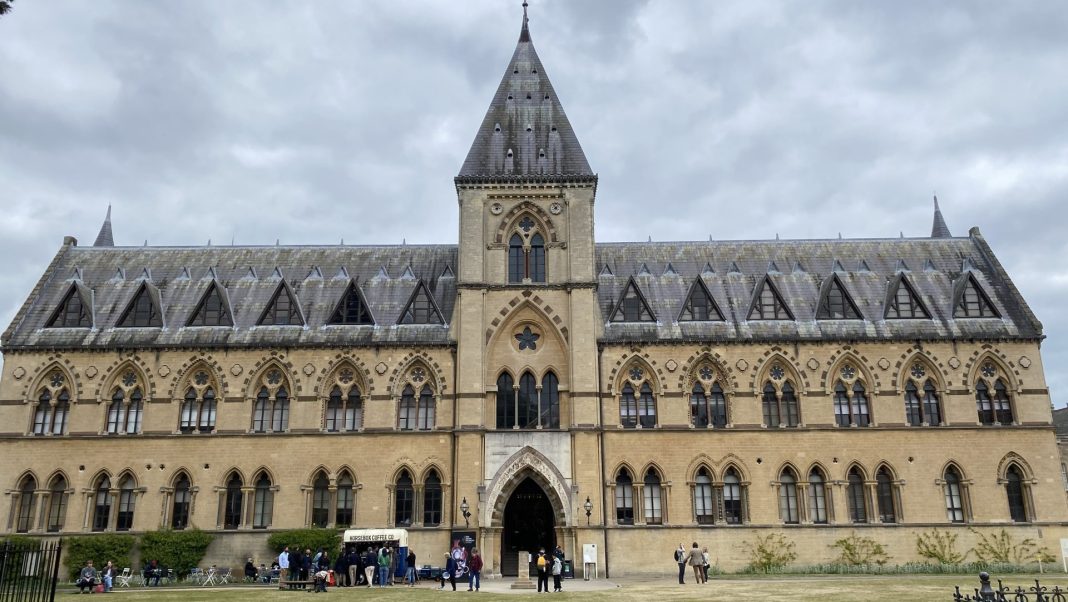The University of Oxford is set to award an MPhil in Anthropology to Māori scholar, Makereti Papakura, nearly a century after she began her studies. Makereti, also known as Maggie, is believed to be the first indigenous woman to matriculate to Oxford University, in 1922. She passed away in 1930, just weeks before presenting her thesis.
Makereti conducted her research at the Pitt Rivers Museum, with the Society of Home Students (now St Anne’s College). Her scholarship centred on the customs of the Te Arawa people from a female perspective, with a particular focus on genealogy, childhood rituals, and domestic life. It combined academic research with her personal experiences in the rural community of Parekarangi. She also detailed observations from areas where she had worked as a tour guide prior to attending Oxford.
With the permission of family members, Makereti’s friend and Rhodes scholar Thomas Kenneth Pinniman published her thesis eight years after her death. The Old Time Māori marked the first extensive work of ethnographic scholarship by a Māori author, and has been celebrated for combining formal academic study with an observational perspective.
In recognition of her contribution to anthropology and indigenous academia, the Oxford School of Anthropology and Museum Ethnography submitted a request to grant Makereti a posthumous MPhil. The request, supported by St Anne’s College and the Pitt Rivers Museum, was then approved by the university’s education committee. The degree will be formally awarded by Vice Chancellor Irene Tracey at a ceremony later this year in the Sheldonian Theatre. Members of Makereti’s family are expected to attend.
Professor Clare Harris, head of the school of anthropology and museum ethnography, praised Makereti as an “inspiring figure, not only to many in Aotearoa New Zealand but to students and scholars around the world.”
Māori artist and guide June Northcroft Grant spoke on behalf of Makereti’s family: “We are grateful to Oxford University for this tribute to Makereti’s memory and to all those who have supported her story in the years since her passing.
“It is a testament to the lasting power of education, culture and the determination of one woman to ensure that Maori stories would not be forgotten.”


